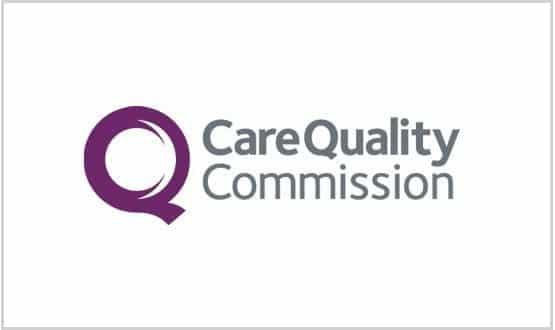IT contributing to ‘missed opportunities’ on NHS deaths
- 13 December 2016

Siloed electronic systems have contributed to the NHS failing to learn important lessons from preventable deaths, according to a Care Quality Commission report.
The report, published on Tuesday, highlights “significant concerns” about how “missed opportunities” have prevented the service from learning from the mistakes from the past.
Specifically, the report, titled ‘Learning, Candour, and Accountability’, says trusts often do not do enough to involve, and listen to, the families of patients who have died. Of 27 investigations the CQC examined, only three could demonstrate that they had considered the families’ perspective.
A lack of staff training and time also raised concerns about the quality of some investigations, the report adds.
Overall, an inconsistent approach to both reporting and investigating preventable deaths means that deaths that require scrutiny are not always investigated, particularly if they occur outside hospital.
Mike Richards, CQC hospitals chief inspector, said that while some good practices exist, no trust is getting reporting deaths “completely right”.
“An agreed framework needs to be established that sets out exactly what the NHS should do when someone dies and ensures that families are fully involved and treated with respect.”
The report says the issues it identifies are exacerbated by poor information sharing between services, which often operate electronic systems and data collection in isolation from one another.
“Difficulties with reporting deaths, and which organisations should be involved, are made worse by the different electronic systems in use across the NHS,” the report says.
Three out of four mental health trusts only reported deaths within their organisation using a bespoke electronic system, and none were required to report deaths through the NHS Spine.
Deaths that were reported were done so inconsistently both locally and against national databases, such as the Strategic Executive Information System and National Reporting and Learning System. This mix of local and national systems confused staff, who could either report a death multiple times or “not at all”.
“This shows the pitfalls of not sharing information and suggests that opportunities to learn from incidents are being missed.”
The report notes that work is ongoing on developing a new national database, the Patient Safety Incident Management System, and suggests progress on that project was “urgently needed”.
There has been no update on the PSIMS, which was meant to replace the NRLS, since November 2015. At that time, NHS England said it was looking at “shortlisted options” but had yet to develop a business case.
Health secretary Jeremy Hunt requested the CQC review after the ‘Mazars’ report, published in December 2015, uncovered serious failings in how Southern Health NHS Foundation Trust investigated the deaths of people with learning disabilities or mental health problems.
The review is based on visits to 12 trusts, interviews with more than 100 families, a national survey and information from charities and other NHS professionals.
Recommendations include: creating clear national guidelines for consistently reporting deaths, greater involvement of families in any review, national standardised collection of data on deaths, and better staff training for investigating deaths.




